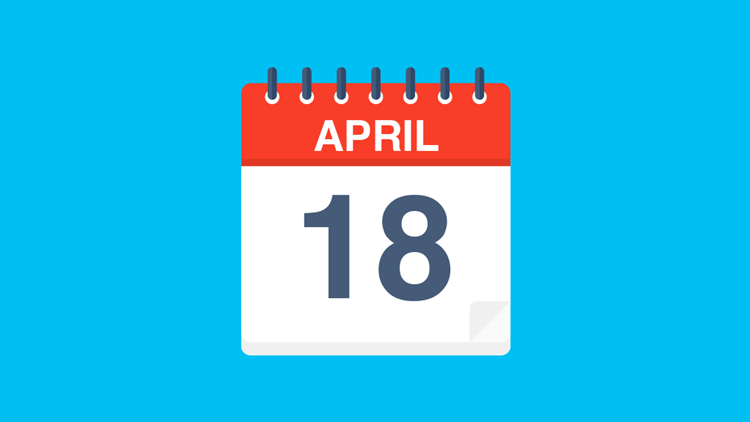
For millions of American taxpayers, all that stands between them and a big tax bill when they file are estimated tax payments.
By putting away funds every quarter for their income taxes throughout the tax year, self-employed taxpayers, retirees and investors, in addition to businesses, corporations and others, help to ensure they have the means to pay their tax bill when it’s time to file.
The Internal Revenue Service reminds these taxpayers that their first-quarter payment for the 2022 tax year is due on Monday, April 18.
Pay-as-you-go taxes
The IRS describes the entire income tax system as a pay-as-you-go process, meaning taxes have to be paid as income is earned or received during the year. Wage earners have their taxes withheld from their paychecks as do taxpayers who receive pension payments, Social Security benefits or some other government payments, such as unemployment compensation.
Some taxpayers, however, don’t fit the withholding mold and so need to look elsewhere for a taxpaying option.
Enter estimated tax payments.
For self-employed taxpayers and those working in the gig economy, quarterly estimated tax payments are used because their tax payments can keep pace with the income they earn over the course of the year. On the other hand, investors, retirees and others may use estimated tax payments because a large part of their yearly income isn’t subject to withholding.
Also, not subject to withholding in most cases are interest, dividends, capital gains, alimony and rental income. Paying estimated taxes every quarter can lessen—and maybe even eliminate—any penalties.
Paying estimated taxes
Form 1040-ES, Estimated Tax for Individuals, has instructions to help taxpayers how best to figure their estimated taxes. Taxpayers can also visit IRS.gov/payments to pay their taxes electronically.
The IRS Online Account is one of the best ways to pay, since taxpayers can log in to see their payment history, any pending payments and other useful information.
Other payment options included IRS Direct Pay; Debit Card, Credit Card or Digital Wallet; or the Electronic Federal Tax Payment System (EFTPS).
Other payment options can be found online at IRS.gov/payments.
Taxpayers sending in payments by check should remember to make the check payable to “United States Treasury.”
Publication 505, Tax Withholding and Estimated Tax, has additional information helpful to taxpayers with dividend or capital gain income, owe alternative minimum tax or self-employment tax or have a special situation. Other resources include the Interactive Tax Assistant, Tax Topics, and Frequently Asked Questions.
Source: IR-2022-77

